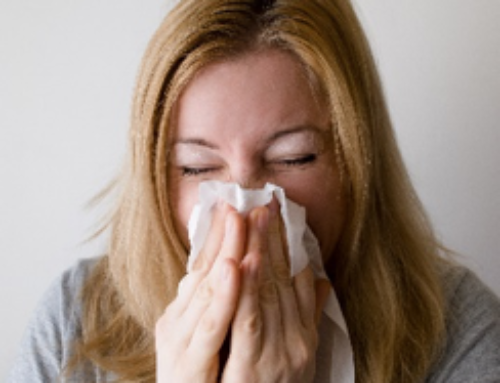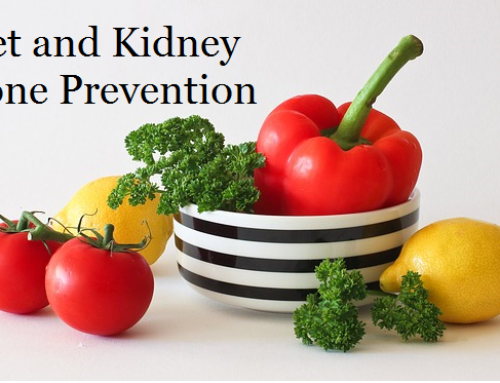As summer heats up and beach and bikini season arrive, some of us may be looking at our winter “hibernation belly” with more than a little trepidation. However, it is important to know that abdominal fat can have a detrimental impact on much more than just your bikini body. Excessive abdominal adipose tissue (fat) has been linked to a myriad of health problems, including insulin resistance, type 2 diabetes, Alzheimer’s disease, inflammatory diseases, and cardiovascular problems. In addition to putting physical pressure on your internal organs, the adipose tissue in and around your abdomen (including “muffin tops” and “beer bellies”) produces a large amount of excess hormones, which then travel throughout the body, creating a cascade of negative consequences. Additionally, when the storage capacity of this abdominal adipose tissue is exceeded it releases triglycerides into nearby internal organs, like the heart, pancreas, and kidneys. These organs are not meant to store fats, and the excess triglycerides impede the organs’ ability to function normally. Clearly, problems with belly fat go far beyond just vanity.
Retention of fat around the abdomen can be the result of many factors. As with nearly all weight gain, a general imbalance between caloric intake and calories burned (through exercise and everyday activities) is often primarily to blame. In women increased abdominal fat can also be attributed to changing estrogen levels. Before menopause estrogen levels are relatively high, and this estrogen encourages the body to store its fat around the butt and thighs. After menopause estrogen levels drop, and fat begins to be stored in and on womens’ bellies instead. Men, more so than women, tend to store fat on their abdomens throughout their lives, but as testosterone levels decrease with age this storage increases. High stress levels can be a factor for anyone. When we are stressed our cortisol production increases, and this cortisol spike prompts the body to store more fat, especially around the abdomen.
As with any weight loss, the best way to beat belly fat is to focus on maintaining a healthy diet and getting adequate exercise. Remember, you cannot spot burn fat, so a million crunches alone will not turn a beer belly into a six pack. Cardiovascular exercise is the best way to burn calories, and thus lose fat. This doesn’t just mean running! Bicycling, dancing, or a game of basketball are all excellent ways to get your heart pumping while having fun. High intensity interval training (HIIT), which consists of cycles of short, intense anaerobic exercise followed by a less intense recovery period, is the most proven way to blast belly fat specifically. There are several varieties of HIIT (Tabata is one of the most popular in the United States), but all include relatively short, intense workout sessions. Weightlifting and strength training are also very important in reducing abdominal fat by modulating insulin spikes. Muscle cells require more energy (calories) than fat cells, so as your muscle mass increases, so will your basal metabolic rate. You’ll burn more calories even when sitting still at your desk! So go ahead and do those crunches (you’ll have a six pack waiting for you when the abdominal fat is gone!), but remember to exercise the rest of your body as well. Drinking enough water (at least 64oz every day, more if you’re exercising) will help your body to rapidly flush out the byproducts of your fat burning, as well as support healthy function throughout. Water is doubly beneficial if it is consumed in place of alcohol or sugary beverages, which induce your body to store belly fat. Eating a diet with limited carbohydrates, but full of vegetables, berries, nuts, and lean meats, will support your abdominal fat reduction efforts.
Reducing abdominal fat can be incredibly beneficial to your health, but be sure to do it safely. You should have a discussion with your doctor before you begin a new exercise regimen, or significantly increase the intensity of your current routine.
We hope you have a wonderful, and healthy, summer!
Best,
The Enhanced Medical Care Team







Leave A Comment